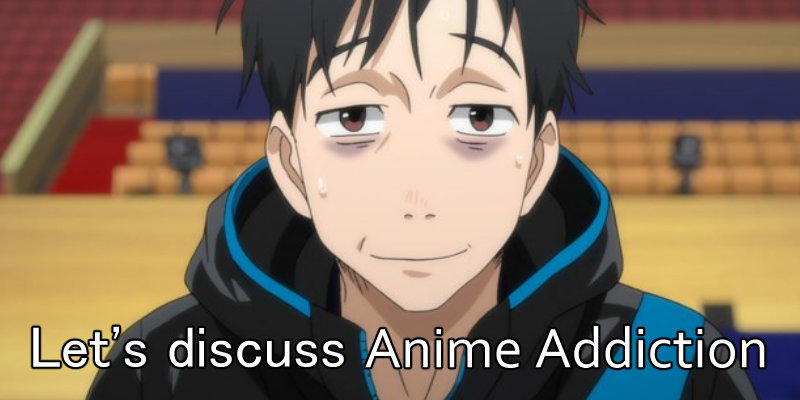
The Nature of Addiction
Addictions build off of our natural reward systems–systems that everyone has. Substances hijack those systems, and behaviors short circuit the triggers within the brain. Dopamine, the chemical that makes you feel pleasure and happiness, sits at the center of addiction. Anything that encourages the brain to secrete it can be addictive. Even love can be an addiction, which is why some people jump from one toxic relationship to another like a heroin addict looking for another hit.
Addiction is, essentially, “an extreme dysfunctional attachment to an experience that is acutely harmful to a person, but that is an essential part of the person’s ecology and that the person cannot relinquish (Alter, 2017)”. The experience component of addiction is the key. Addictions have a strong association with environment and memory. Environment triggers memory, which triggers the addiction. Lee Robins studied returning heroin addictions from the Vietnam War. Around 19% of veterans admitted to having a heroin addiction. Normally, heroin addicts relapse at a rate of 95%. These veterans had a relapse rate of only 5%. Robins, along with other addiction researchers, discovered the relationship between environment, memory, and addiction. To break an addiction, a person must leave the environment–the people, places, and memories–where they practiced their addiction. Few veterans returned to Vietnam, so their addiction didn’t return (Alter, 2017):
Addicts aren’t simply weaker specimens than non-addicts; they aren’t morally corrupt where non-addicts are virtuous. Instead, many, if not most, of them are unlucky. Location isn’t the only factor that influences your chances of becoming an addict, but it plays a much bigger role than scientists thought.
Addictions often center around negative coping methods, ways of handling pain, regret, loneliness, and other negative emotions. Any behavior that triggers dopamine and eases emotional pain can become an addiction, including Internet use and anime. I wasn’t able to find any studies that dealt directly with anime addiction. However, studies on Internet addiction provides us with useful parallels.
Internet Addiction
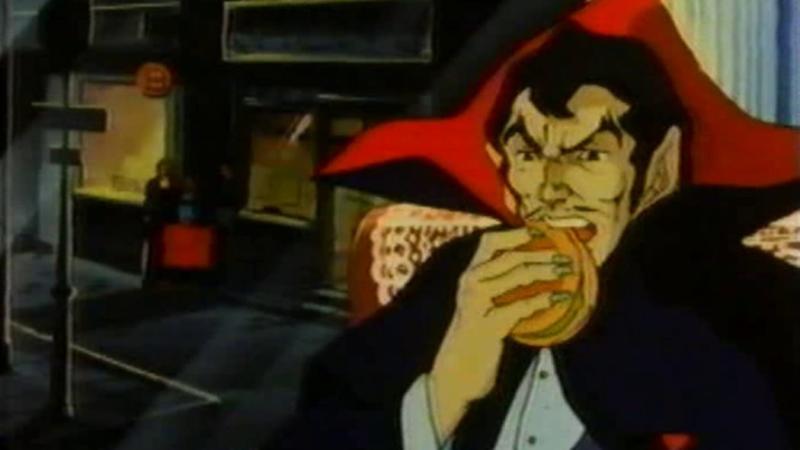
Internet Addiction is one of those umbrella terms thats shades a variety of problems, from social media addiction to MMORPG addiction and online gambling. Anime would fall into the category too. Otakuism has a strong online component–anime is watched online. Otakus share fanfiction online, discuss anime online, blog, and enjoy other online activities. Internet Addiction is seen as a preoccupation with the Internet that causes impairment or distress (Stavropoulos, 2017). Internet Addiction, or IA, links to health problems, academic failure, emotional problems, and behavioral problems (Zhou, 2017). Addictive behaviors in your teen years carry into adulthood, mainly because they become coping methods.
People use the Internet to avoid negative feelings–think about your last Tumblr binge and how you were feeling. Teens who use emotion-focused coping methods instead of problem-focused coping methods have a greater risk of IA (Zhou, 2017). IA appears to feed existing addictions; it provides easy access to rewarding and pleasurable activities. Remember dopamine’s role in addiction? Online activities make your brain squirt the feel-good chemical.
Most game addicts are men, for example; most social networking addicts are women. Interestingly, research suggest people with Internet Addiction keep to certain activities instead of bouncing between various addictions. A gaming addict usually isn’t addicted to Facebook (Starcevic, 2017).
Online gaming and social networks feature all the elements that create addiction: inconsistent rewards–which excites the brain more than regular rewards–and notifications of new content, which makes the brain release dopamine. Think about that happy feeling you have when someone likes a Facebook or Tumblr post (Hormes, 2014). Think about that feeling of pleasure when you plunk off someone with a headshot. That’s what the research is talking about. Research also suggests those who use the Internet heavily, particularly social networks, show signs of impulse control disorders and lack of emotional self control. I’ve seen gamers rage at the smallest things, and I’ve done it myself.
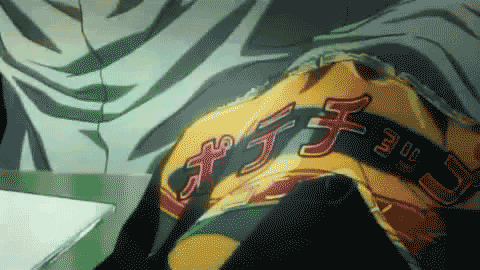
Online video games and social media were designed to be addictive. MMORPGs have a particularly addictive design. They boast immediate gratification and satisfaction from conquering gradually increasing skill level of challenge. They trigger high emotional involvement too because of the social ties they forge, increasing the need to spend even more time online. They help players feel as if they are fulfilling their talents and potential, a feeling reality often lacks (Stavropoulos, 2017).
Online game addiction is something I know well. I was an addict in my high school and college years. It was consuming. World of Warcraft was something I avoided because games like Diablo II hooked me bad enough. Even now, I have to be careful, or I will fall into my old patterns of behavior. Remember how research spoke of memory being a trigger for addiction? PC gaming triggers my addictive memories. Luckily, gaming no longer offers me feelings of self-actualization which helps blunt my risk of relapse. I now tightly regulate my gaming. My last all-day binged was scheduled–the release of The Legend of Zelda: Breath of the Wild, but I digress.
Traits of Internet Addiction
Beyond impulsive behavior like obsessive-compulsive disorder–constantly checking your Tumblr or Twitter feed, for example–or feeling anxious when you can’t read the latest fanfiction or play a deathmatch online, IA associates with other personality traits. It’s unknown if the Internet stimulates these traits, but people with certain personality disorders may be drawn to the Internet because of what they feel they lack in real life. IA is most common among college students. Males with IA showed higher rates of narcissism; females showed higher rates of narcissism and avoidant behaviors than those without IA. Women show a higher need for assurance and less autonomy (Wu, 2016) . Both men and women turn to the Internet for validation. This sense of fulfillment the Internet offers takes us to the relationship between anime and addiction.
Anime and Addiction
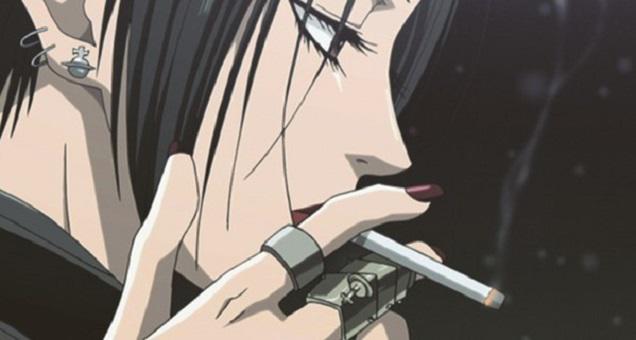
Anime can become a coping technique, a way to escape, which is fine until it becomes destructive. When anime watching damages your relationships, consumes your thinking, consumes your money, and becomes a craving, you may well be addicted. However, we have to be careful not to blindly fling the word addiction at anime fans. Otakuism appears to be an addiction to outsiders because it is an alternative culture (Azuma, 2009):
The otaku choose fiction over social reality not because they cannot distinguish between them but rather as a result of having considered which is the more effective for their human relations, the value standards of social reality or those of fiction. For example, they choose fiction because it is more effective for smoothing out the process of communication between friends, reading the Asahi Newspaper and then going to vote, or lining up with anime magazines in hand for an exhibition. And, to that extent, it is they who may be said to be socially engaged and realistic in Japan today, by virtue of not choosing the “social reality.” Otaku shut themselves into the hobby community not because they deny sociality but rather because, as social values and standards are already dysfunctional, they feel a pressing need to construct alternative values and standards.
Otakuism provides an alternative to the social culture of mainstream society. It allows people to connect to each other in a different way that feels more affirming, but therein lies the danger. Drug culture often has similar trappings. Think about the New Age movements during the 1960s and the wanton use of substances and sex many of the movement had–LSD, heroin, and other drugs. Now, the otaku community uses anime, manga, and other consumer-culture products as their “mind-altering” substances. I know, I look to be stretching a bit but stay with me. Otaku behaviors, particularly the social behaviors like conventions, collecting, and discussing, are the addictive substances. Of themselves they are good, but when taken to extremes–that is, they become damaging and consuming–they become addictions. Anime conventions for otakus are the equivalent to Woodstock for hippies, only smaller and more frequent.

Of course, watching anime can be a compulsive addiction. It’s similar to compulsive gambling, Tumblr reading, and other compulsive behaviors. Anime may ease your anxiety, but the association, if you aren’t careful, can create anxiety. Your mind begins to crave the escape anime offers, making you feel anxious when you don’t get a hit. It’s similar to nicotine addiction. Contrary to popular belief, smoking doesn’t ease stress. Rather, it adds the stress of physical cravings on top of your already present stress. The feeling of relief smokers feel when they take a hit is the easing of that physical craving and the comfort of the behavior, but neither has much impact on the baseline stress level. Behavioral addictions add stress to the baseline rather than reduce it. Meditation, mindfulness, moderate exercise, and other healthy behaviors–anime watching can be healthy–reduce baseline stress.
Otaku culture tends to attract certain personality types, some of which may be in danger of addiction. However, the culture isn’t any worse than other cultures. For example, sports can also create addicts. Think of the super-fan–I like to call them sportaku–that drops out of family life during their sport’s season. Their identity revolves around the identity of their team or favorite sport. For that matter, think of the neighborhood cat-lady or cat-man, or dog-lady and dog-man. Their lives center on their animals to the point where they live in a dangerous, unhealthy situation that precludes anything else. See what researchers mean when they say any behavior can become an addition? You also see addicted runners, crafters, and other apparently healthy hobbies.
Behavioral addictions are tough to see because they often appear healthy. After all, who would argue running or walking isn’t a healthy habit? But when that habit becomes destructive to your health and social life, it becomes an addiction. Enjoying anime and manga is healthy….until it becomes disruptive and destructive. Likewise using Tumblr, Facebeook, Twitter, fanfiction can be healthy, until it becomes consuming and anxiety inducing.
Besides the problem of seeing a behavioral addiction like anime is the fact you can’t avoid the addiction. There is a behavioral addiction known as the empty inbox. People feel anxious if their inbox isn’t empty (I sometimes catch myself feeling that way), but we all know that’s an almost-impossible ideal. It’s not like we can avoid using email. It’s a central part of modern life, yet its similar to expecting someone with a drug addiction to return to their environment and not become addicted again.
Breaking an addiction requires mindfulness. You have to be aware that a behavior like anime binging creates anxiety when you can’t do it. In the articles I’ve read, behavioral addictions have a detox period similar to substance addiction (Alter, 2017). You also have to change your environment. For an anime addict, that means reducing or avoid conventions if that’s your trouble spot. That also means changing your binge environment and habits.
Are you addicted to anime and the otaku life? How can you tell? I’ve repeated the criteria several times, but the distinction is important enough for me to repeat one last time: addictions come down to disruption and destructiveness. If your anime watching and involvement in otaku life disrupts your ability to live, that is, work and socialize, you may have an addiction. If you don’t have any hobbies outside of anime and otaku-related hobbies, like cosplay, you may have an addiction.
Behavioral addictions rewire the brain in ways similar to drugs. It takes time to undo this wiring, and even then the memory–and the behavior–remains. Enjoying anime and otaku life isn’t the same as being addicted. The word addiction is tossed about too easily. Let’s save it for when the word actually applies: when somethings becomes all consuming. When you are “addicted” to an anime, say something like “This anime has hijacked my life.” It had an element of temporariness to it that addiction lacks, but it still has the hyperbole people today like to use. Addictions are serious, life disrupting problems. Let’s not belittle them with poor word choices.
References
Alter, A. (2017) Irresistible: The Rise of Addictive Technology and the Business of Keeping Us Hooked. New York: Penguin Press.
Azuma, H. (2009). Otaku: Japan’s Database Animals. University of Minnesota Press.
Hormes, J., Kearns, B., Timko, A. (2014) Craving Facebook? Behavioral addiction to online social networking and its association with emotion regulation deficits. Addiction 109: 2079-2088.
Starcevic, V. & Billieux, J. (2017). Does the construct of Internet addiction relect a single entity or a spectrum of disorders? Clinical Neuropsychiatry. 14 5-10
Stavropoulos, V. & others (2017) MMORPG gaming and hostility predict Internet Addiction symptoms in adolescents: An empirical multilevel longitudinal study. Addictive Behaviors. 64 294-300.
Wu, Jo Yung-Wei, Ko, Huei-Chen, Lane, Hsien-Yuan (2016) Personality Disorders in Female and Male College Students with Internet Addiction. Journal of Nervous and Mental Disease. 204 (3) 221-226.
Zhou, Yueyue and others (2017) Big fiver personality and adolescent Internet addiction: The mediating role of coping style. Addictive Behavriors. 64. 42-48.
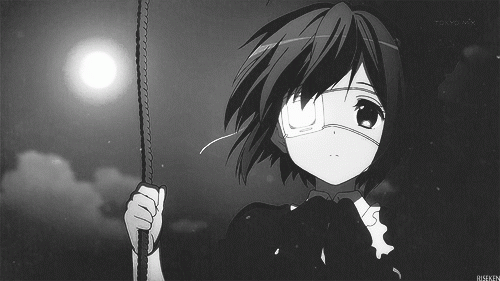
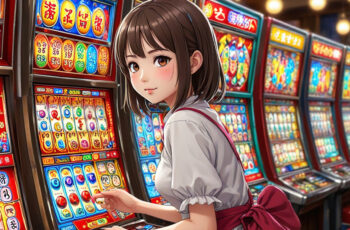
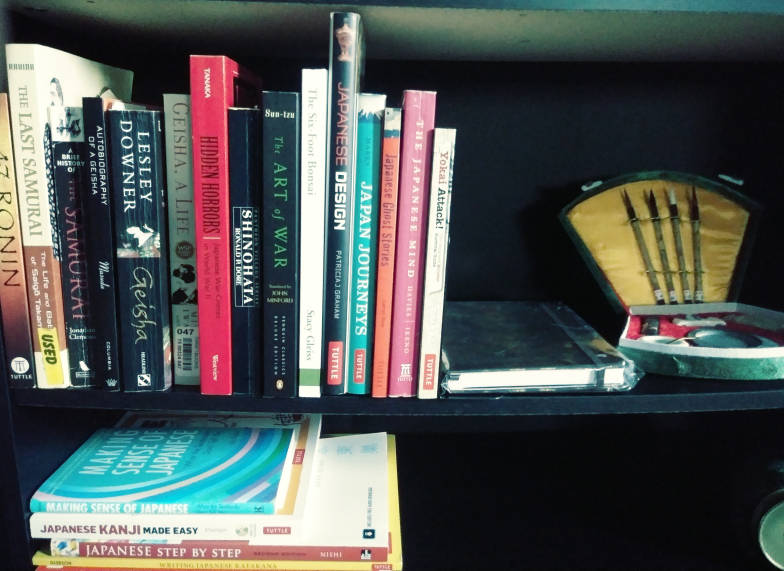
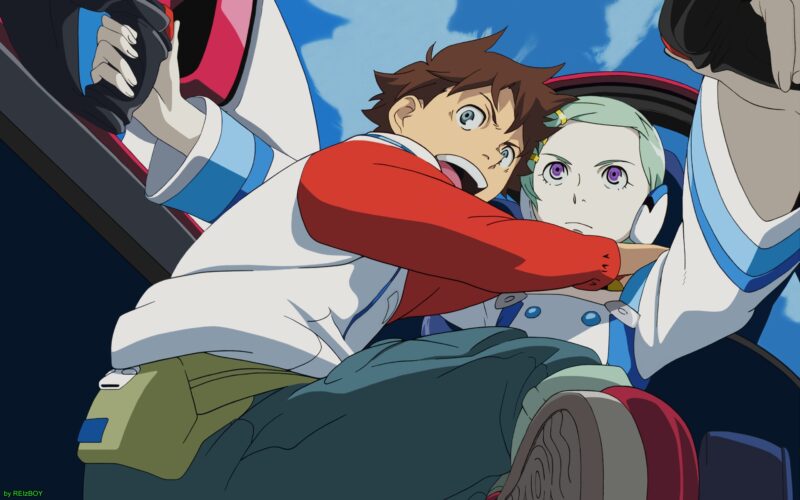
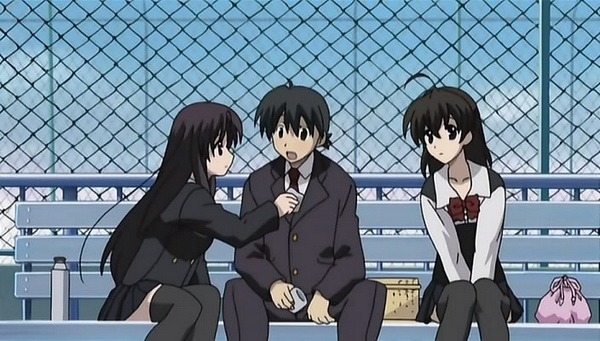
Alter was quoting from Stanton Peele in Irresistible, and evidently that was decades ago. In a way these understandings are not new but people have simply paid no attention.
Thanks for the information! If you dig into ancient literature, you see the same concerns. The details may differ, but the problem remains the same.
I am a student and i think i am addicted to anime .My send ups are going to begin and i can not focus because i always find myself wanting to go to my room and watch anime. since its lockdown due to covid .the situation is getting worse for me. can you give me a piece of advice. thank you
The best advice I can offer is for you to find something that drives you and gives you a sense of purpose (other than anime). Hobbies like painting, writing, biking, fishing,volunteering, or similar can offer a sense of fulfillment. That fulfillment can help you control your cravings to escape into anime.
I think I may be addicted but I still love the anime. How can I keep watching the anime but not be addicted? I don’t want to give it up but I feel constantly anxious when I don’t watch it. I’m trying to watch one or two a day to restrain myself, is that okay? I don’t get it either, a lot of times I’ve binged shows and this never happened. I feel completely lost and I don’t think anyone around me would understand if I told them about it. The anime is great and I can’t give it up but how can I stop the addiction?
I used to be addicted to Diablo II when I was in high school. Anxiety is part of media addiction. I had to learn to live with that anxiety and not give into it. You might have to do the same. What you might want to do is what I did–limit yourself to a few specific days and time limits. I limited my gaming to just two days a week and then no more than 4 hours each day (preferably less). In your case, you can limit yourself to just a few episodes. Whenever anxiety appears, you should do something different. Take a walk. Exercise. Draw. If you sit with your anxiety often enough–enduring it and watching it–it will eventually fade. Although this can sometimes take years depending on the anxiety’s causes.
I worry that my son may have an anime addiction as he seems out of sorts. He is unable to speak to us about anything. He seems dreamy. His school grades are very poor. He is 18
You may want to seek advice and help from a pastor or counselor. It’s possible he is turning to anime in order to avoid some type of social difficulty. reSTART may also offer some advice if it doesn’t appear to be a short term issue.
Thanks for your response. I m really worried. I have suggested counselling to him but he said I should go to one. He does not seem comfortable with people, not even with family. He locks himself away the whole time. He won’t eat with family. He just hides inside his room all the time
I lack the proper qualifications to offer sound advice. Perhaps you could find a pastor or counselor who would visit him in his room.
I’ve known people who take the hard road and disable all electricity and/or Internet to a particular room until the adult pays their fair share of the bill each month. It’s draconian and likely to cause a similarly extreme reaction, however. Internet can be controlled through router settings. Most allow parents to set times and days where Internet access is available for certain devices. However, a factory reset will circumvent parental passwords and controls on some units. Again, this doesn’t really address the underlying causes, but it may allow for some accountability as you can release privileges (allowing more access to the Net) as behavior improves.
As an introvert who had/has social anxiety, I can understand the need to unplug from people, but it can get to the point of being unhealthy.
Really well written. Thank you for you insight and attention to this type of affliction.
Thank you. I’m glad you enjoyed the article.